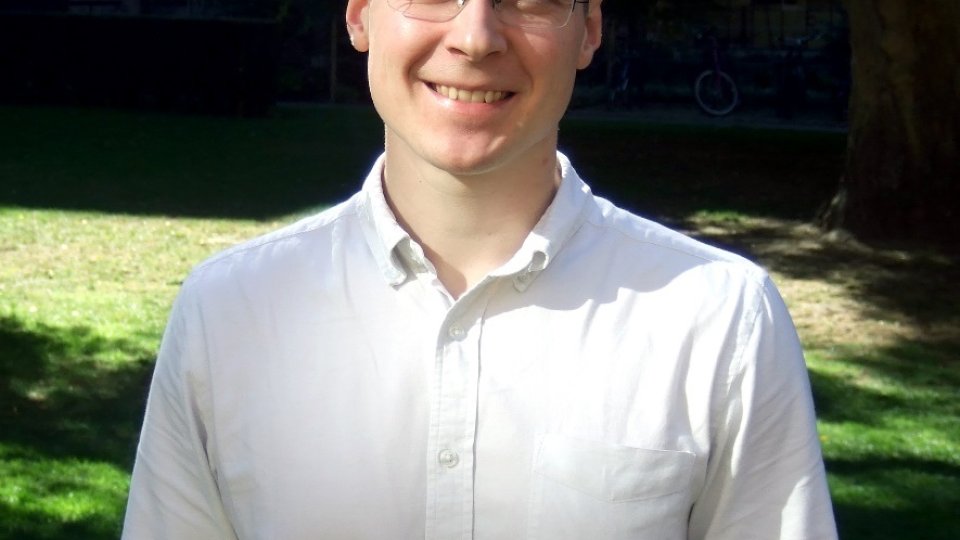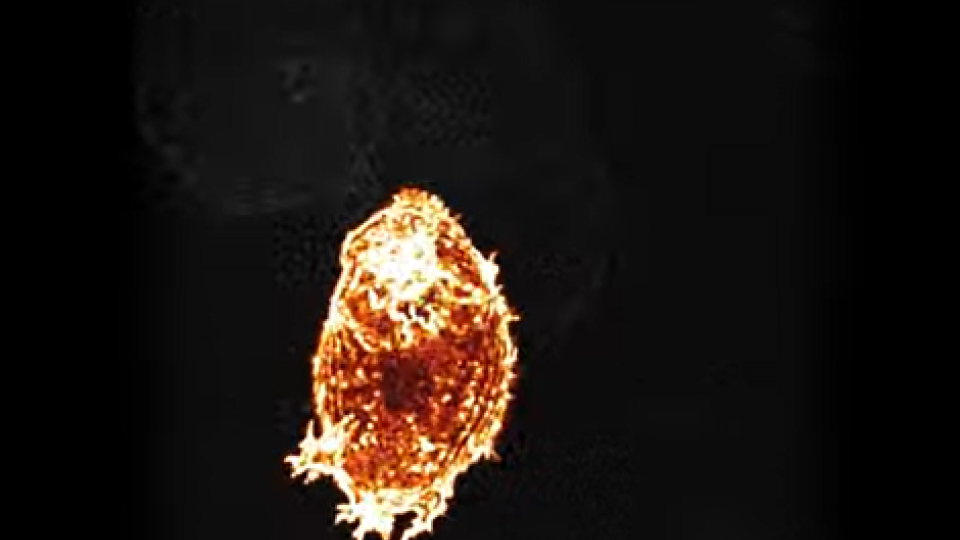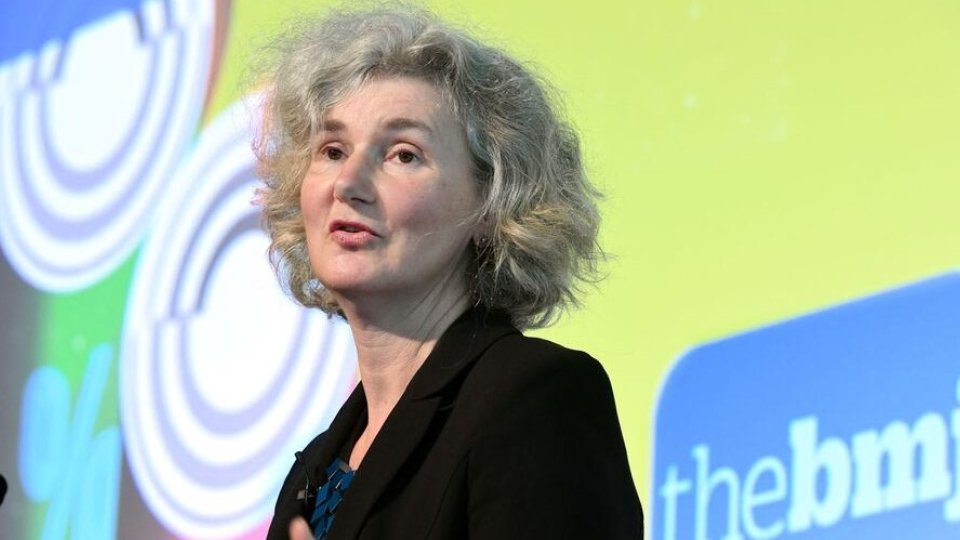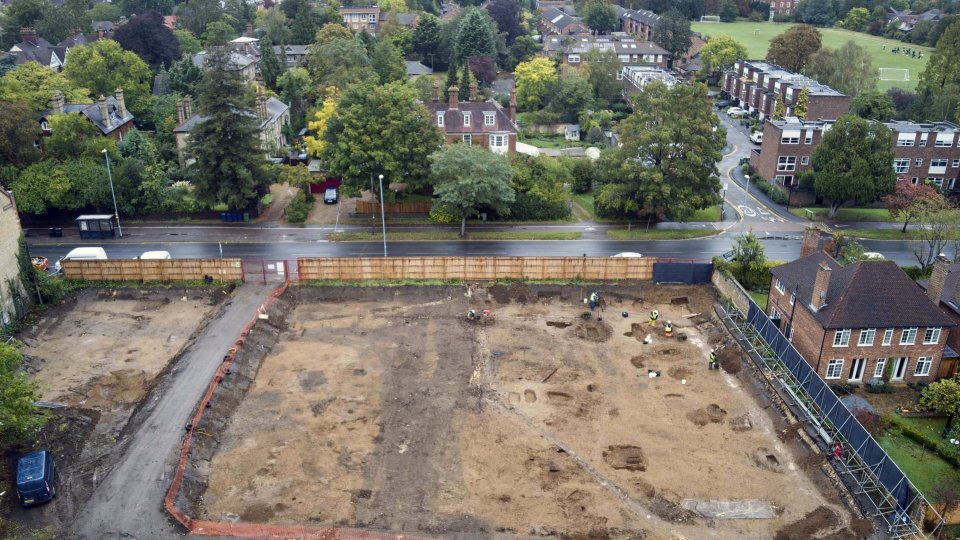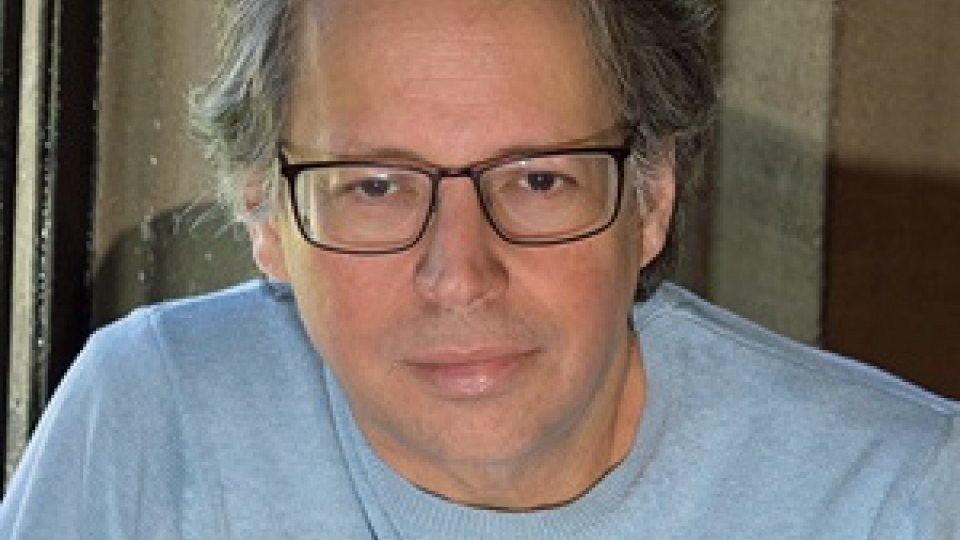
A new four-year Research Fellowship at King’s will focus on findings from the excavation last year of a large and rich early medieval burial ground on the College’s Croft Gardens site on Barton Road, and what can be learnt about life and death in Cambridge after the end of the Roman period.
The existence of the early medieval cemetery on Barton Road had been presumed since the nineteenth century, but it was only when existing buildings at Croft Gardens were demolished last summer, as part of the College’s project to develop the site, that it became possible to investigate the area archaeologically.
The project was carried out for King’s by a team from Albion Archaeology. More than 60 graves were found, most dating from the early Anglo-Saxon period (c. 400–650 CE). Evidence of Iron Age structures and Roman earthworks was also identified. The burials were on varying alignments and many contained grave goods including bronze brooches, bead necklaces, glass flasks, weapons, and pottery.
The findings are unusual in their extent and preservation, and are providing detailed information about the health and diseases of the community, as well as burial habits and dress. New methods can now reveal nutritional and genetic evidence, helping to analyse migration and family relationships and changing ways of life around the ruins of Roman-period Cambridge.
Dr Katie Haworth will join King’s in October as Research Fellow in the Late Roman and Early Medieval Archaeology of Britain. She was previously a member of the Department of Archaeology at Durham University. The research is at the forefront of studies of early medieval Britain and Northern Europe, and the Fellowship will enable a substantial research project. The finds will be integrated with other early medieval archaeology near the river Cam, working in collaboration with other local experts to help increase our understanding of a transformative period in history.
A short film about the dig and its findings, Cambridge after Rome, has been made for the College by a recently graduated local filmmaker, Ellie Bustin.

